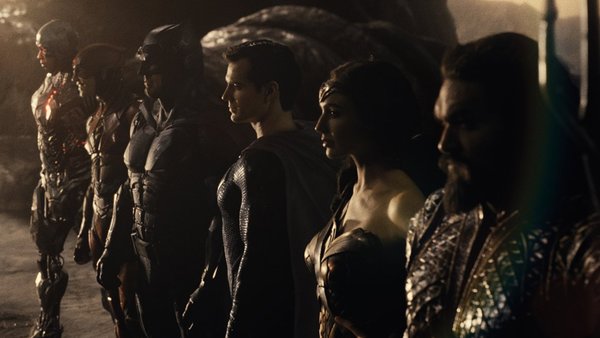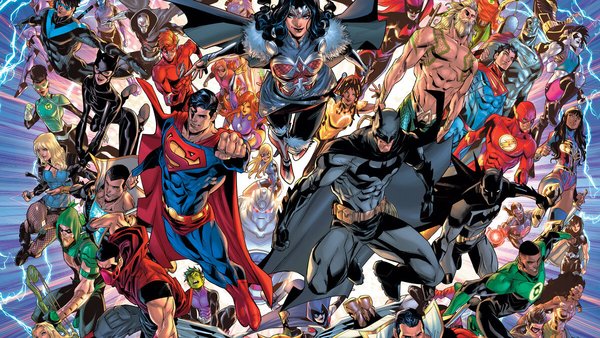How The New 52 Broke DC Comics

The DCEU is, in many ways, a product of the New 52. Although Snyder's Batman takes inspiration from Frank Miller's The Dark Knight Returns, most of everything else audiences have seen in DC Film over the last decade was articulated first in the 2011 reboot, whether that's Cyborg being a member of the Justice League and not a Teen Titan, or Darkseid being inextricably linked to the former team's origin. Even Warner Bros. Animation looked to synergise its efforts with the reboot from 2012 onwards, starting its own animated cinematic universe that pretty much exclusively adapted New 52 comics, rather than the broader approach taken in the years prior.
The truly weird thing about all of this is that the New 52, despite being a thing recognised by DC Comics as something largely unrepresentative of what DC should be, has been governing the majority of the publisher's efforts in film and TV since about 2012. There has been a change since Patty Jenkins' Wonder Woman released in 2017, with James Gunn's Suicide Squad reboot taking more inspiration from John Ostrander's comics than elsewhere, but on the whole, the shadow of the New 52 continues to loom large over the publisher, most recently and prevalently in the fan campaign and then release of Zack Snyder's Justice League.

As much as it is worth emphasising the significance of the New 52 as a flashpoint for DC Comics as a whole, however, it's also worth bearing in mind that these conflicts have been playing out across DC for years before that reboot came to pass. In 1996 Mark Waid and Alex Ross co-authored Kingdom Come, a series that was a commentary on how the superheroes of the 1990s had lost their way as a result of hyper-stylised violence and edginess. In 2005, Geoff Johns penned Infinite Crisis, a series largely about how DC's superheroes - and by extent the publisher - had lost their way. The New 52 gave way to Rebirth, and Rebirth's decline gave way to Infinite Frontier, each series reaffirming a mission statement to recapture a spark that had ostensibly gone missing.
It's likely, if not downright inevitable, that these relaunches and events will continue in a cyclical pattern as the years go by, but equally, there's no overstating the New 52's significance. It represents DC's own identity crisis, and one that's still playing out in the company's comics, films, and related media.
Watch Next
DC Comics Quiz: How Well Do You Know The DC Universe?
